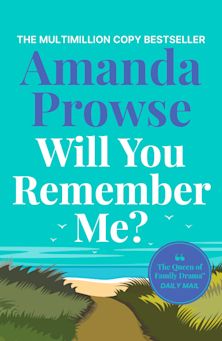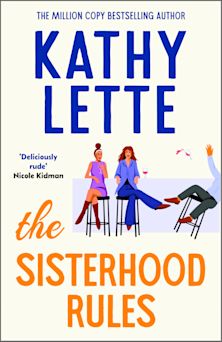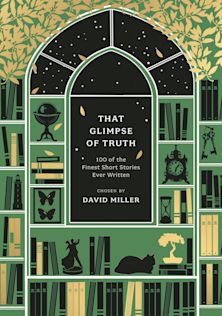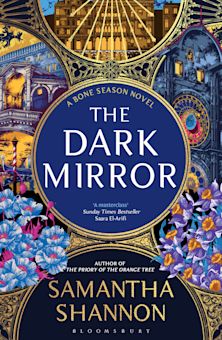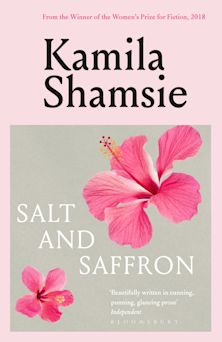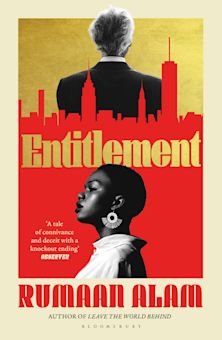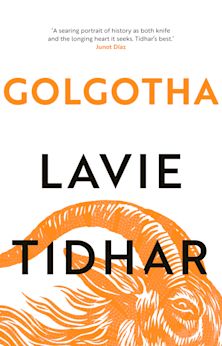- Home
- FICTION
- General & Literary Fiction
- Praise of Folly
Praise of Folly
Newly Translated and Annotated - Also included Pope Julius Barred from Heaven, ‘Epigram against Pope Julius II’ and a selection of his Adages
Praise of Folly
Newly Translated and Annotated - Also included Pope Julius Barred from Heaven, ‘Epigram against Pope Julius II’ and a selection of his Adages
This product is usually dispatched within 2-4 weeks
- Delivery and returns info
-
Flat rate of $10.00 for shipping anywhere in Australia
You must sign in to add this item to your wishlist. Please sign in or create an account
Description
In addition to a sparkling modern translation of Praise of Folly, this volume also includes other works by Erasmus: Pope Julius Barred from Heaven, Epigram against Pope Julius II and a selection of his Adages. Together with the extensive annotation of the texts, these help to set Erasmus's masterpiece in an accessible context for the modern reader.
A central text of the Renaissance, Praise of Folly is an essential part of the Western canon, without which much that has followed – in culture, theology and literature – would not exist. Deeply subversive in its time, the book, after the initial controversy it created, finally gained acceptance as theologians, philosophers and readers came to appreciate Erasmus's lucid, playful and eloquent reasoning.
Product details
| Published | 12 Sep 2013 |
|---|---|
| Format | Paperback |
| Edition | 1st |
| Extent | 320 |
| ISBN | 9781847493248 |
| Imprint | Alma Classics |
| Dimensions | 0 x 0 mm |
| Series | Evergreens |
| Publisher | Alma Books |
About the contributors
Reviews
-
Erasmus searched for reconciliation between Faith and Reason, refusing not only the dogmas of Faith, but the dogmas of Reason as well.
Carlos Fuentes
-
Praise of Folly, still a masterpiece of slyly subversive wit, was in a sense the first best-seller, read covertly under desks and sniggered over by countless trainee monks and priests.
Nicholas Lezard, The Guardian
-
I am well aware that what I have had to say on the problem of peace is not essentially new. It is my profound conviction that the solution lies in our rejecting war for an ethical reason; namely, that war makes us guilty of the crime of inhumanity. Erasmus of Rotterdam and several others after him have already proclaimed this as the truth around which we should rally.
Albert Schweitzer in his 1952 Nobel Peace Prize lecture
-
From the terrible hate storm of his age Erasmus has salvaged this intellectual gem, his faith in humanity, and on this small burning wick Spinoza, Lessing and Voltaire – and all Europeans past and present – could light their torch.
Stefan Zweig













